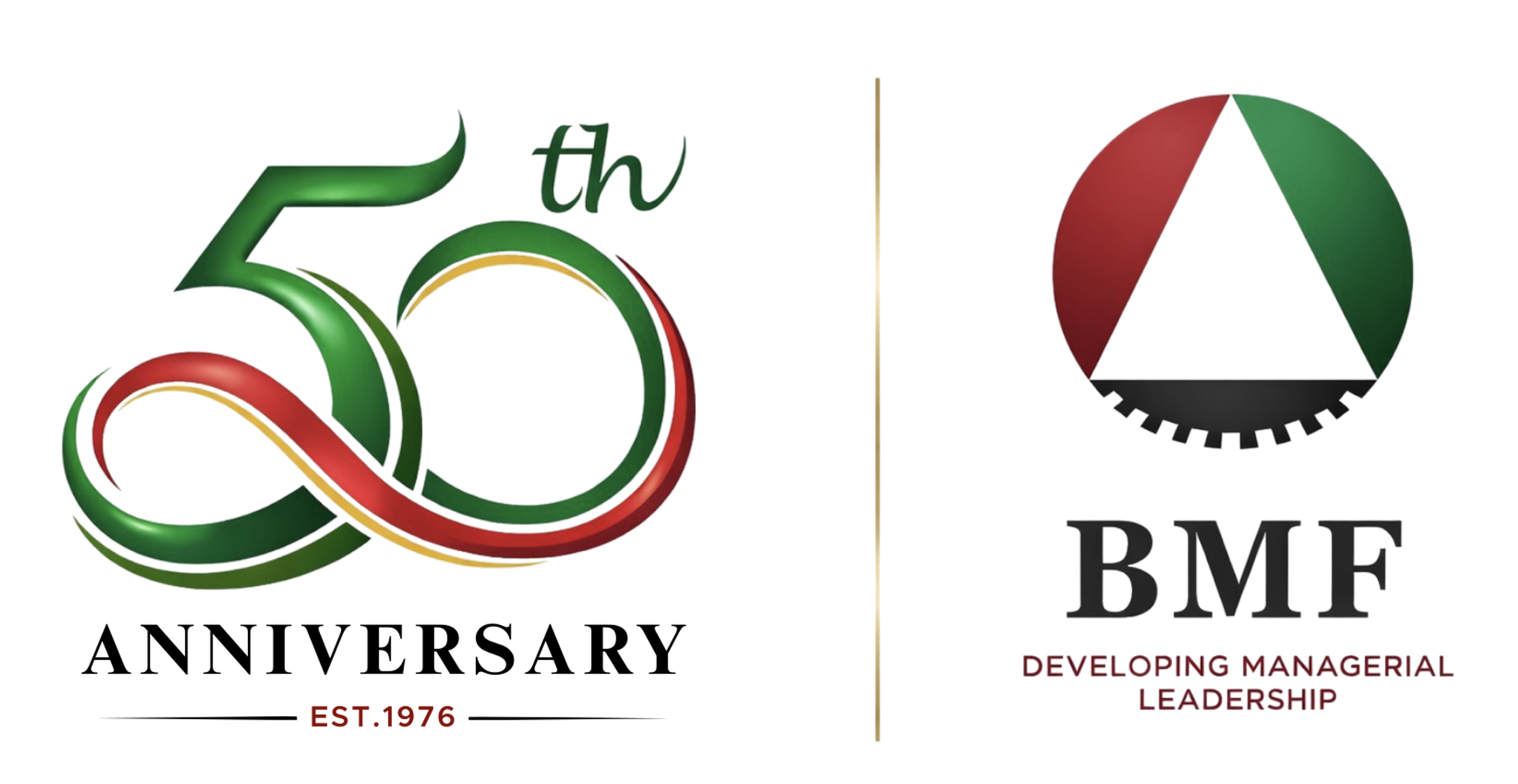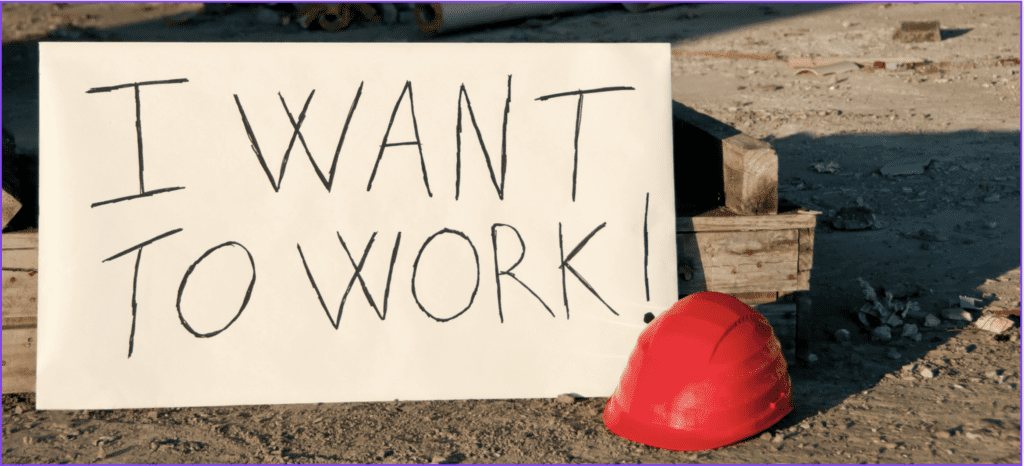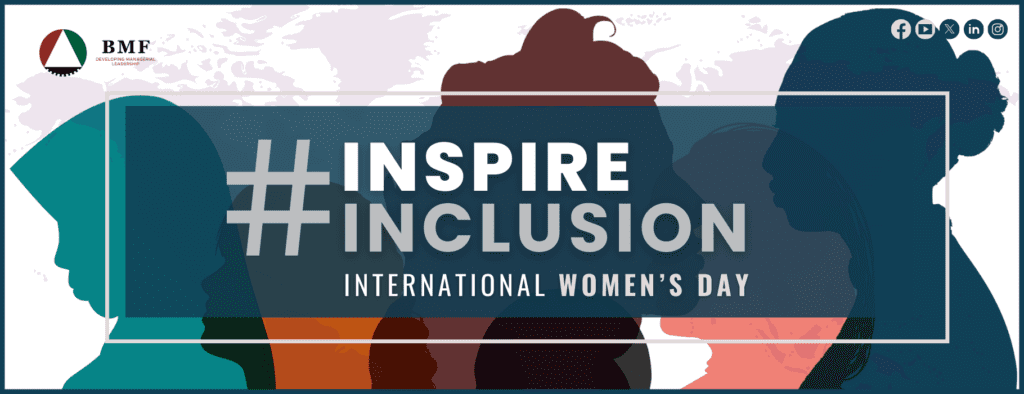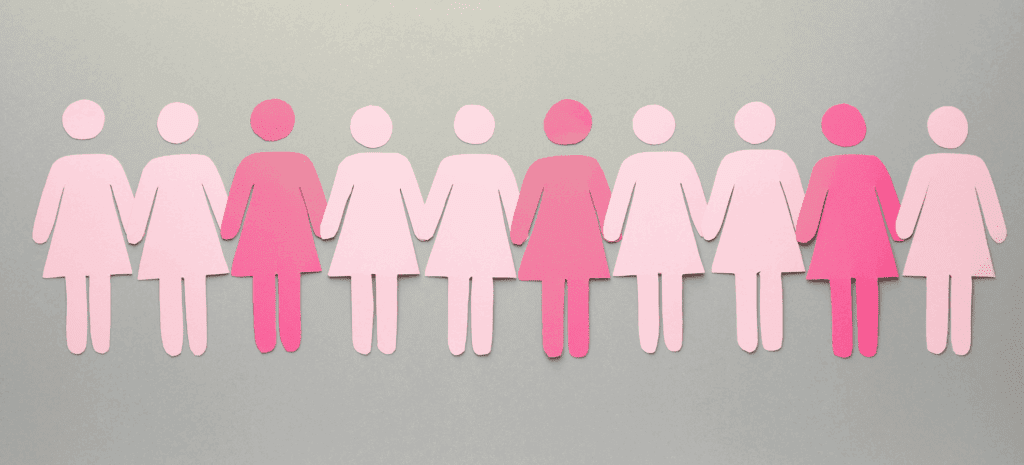Living As A Woman | Breaking The Barriers Of Gender Discrimination

As a young girl, I have always aspired to run my own business which I believed would contribute enormously to my community. The initial process of setting a business is the same for everyone. The process begins to be different when the business must start its operations. I began experiencing challenges when looking for a place from where the business was going to operate. I met an old male landlord who seemed to have very little faith in me. He saw a little girl who was overly ambitious, from my point of view. It took several attempts before he finally agreed to lease me his premises. His body language told me that he was just getting rid of me. I was relentless, as is often the case for women actively pursuing their career goals.
As the excitement of overcoming the first hurdle was waning down, I was confronted with the reality of having to raise capital for the business. The process of approaching various funding institutions and banks yielded no results. In many of those instances, there were times where one would feel that the rejection was mainly directed at me, and not to the business idea and/or it’s potential. The plethora of the advice I received was to just give it all up and find a job instead.I know that this experience is not unique to me. I know that this story is all too familiar for many women who aspire to be in business in lieu of working in corporate.
It is widely reported that women must work ten times harder and longer than their male counterparts, for equal or less pay. In addition to this violation, women are often perceived as less focused on the job at hand, less committed to their careers, and less able to make the sacrifices that men can make on their time to be successful businesspeople. These perceptions are functions of their biases more than they have any basis in fact. The situation is even worse for African women who are victims of these prejudices not in terms of African cultural systems, but the prevailing cultures of western of corporate capitalism as well. It is these prejudices that lie at the root of issues such as the scourge of harassment in the workplace and the gender pay gap, to name a few.
In the words of Ruth Mumbi, “When you empower women, you empower the whole world”. A woman is more likely to scale her economic empowerment, thus “empowering a woman creates ripple effects that positively impact communities in larger and more endearing ways”. The empowerment of women can begin with a commitment as simple as creating and sustaining an equality of opportunity for them to lead and to pursue their business interests.
While women make up at least a third of all management positions, most of these women occupy positions that do not measure up in power, pay, and authority to their male counterparts at similar levels. Many of these women contend daily with an impenetrable barrier to their growth and ascension, keeping them from senior leadership positions, and stifling their ambition and willingness to contribute meaningfully. We let this continue at our own peril, and starve our institutions, and society at large, of a tremendous amount of leadership and strategic potential. Women are often deputized, quite literally.
Campaigns like the “2020 Women on Boards”, the “Women on the Board Pledge”, and even the Black Management Forum’s “Women Empowerment Desk” are but the beginning of the work that needs to be done to change the narrative around women leadership, to appreciate the value that women can add as leaders and entrepreneurs, and to working toward creating an equality of opportunity for women. It cannot end there, real change must come, prejudices confronted, spaces opened, and commitments made and kept.

ABOUT THE AUTHOR
Minty Makapela-Nonstele is the Provincial Chairperson of the BMF Eastern Cape Province | BMF Board Member | Entrepreneur by profession | Wife | Mother to 2 kids






Responses